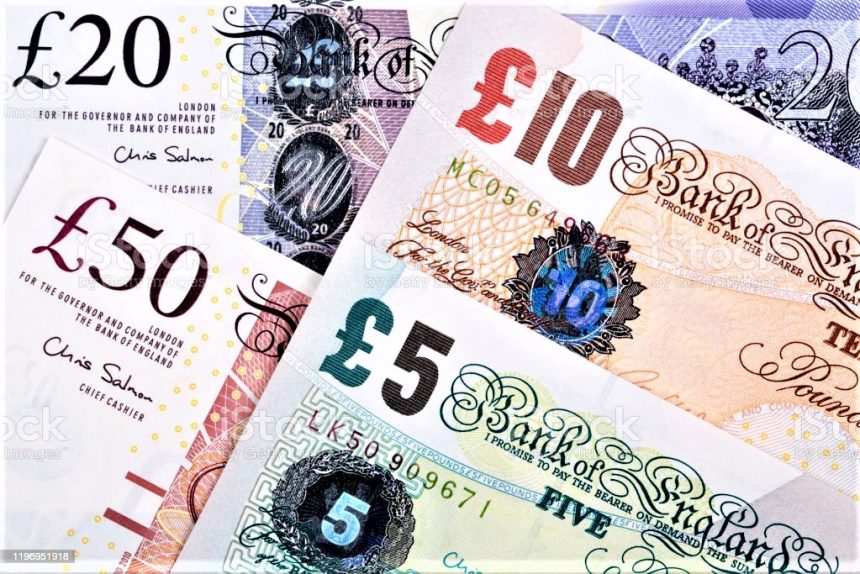Pound Sterling is under pressure as Geopolitical tensions increase the demand for safe haven assets.
In Monday’s London session, the pound Sterling (GBP) made a minor rebound against the US dollar. However, the GBPUSD pair’s near term demand remains weak due to rising Middle East tensions. And Anticipation that the Bank of England (BoE) would begin Lowering interest rates sooner than the Federal Reserve (Fed).
Currently, financial markets believe that the BoE will begin Decreasing Borrowing prices from August. While the Fed is expected to follow suit starting September meeting.
The UK’s employment and inflation data will impact speculation on BoE rate decreases.
This week, the UK’s employment and inflation data will reshape market expectations for the BoE. As investors ponder when it will begin its long awaited rate-cut cycle. Investors will be closely watching the wage growth statistics for the three months ending February. Which will be revealed on Tuesday, as it remains a significant driver of the UK’s persistent pricing pressures.
Daily Market movers: Pound Sterling is on the backfoot; focus switches to UK employment.
The pound sterling finds temporary support after falling to a more than four-month low near 1.2430. Rising Middle East tensions and declining expectations. That the Federal Reserve (Fed) will decrease interest rates at its June meeting have harmed the appeal of risk-sensitive currencies.
Moreover Hundreds of air attacks from Iran Israel’s reprisal for its strike on the Iranian embassy in Syria near Damascus, which killed seven members of the Islamic Revolutionary Guard Corps (IRGC), including two generals, has rattled demand for risky currencies.
Both scenarios escalation of international tensions and receding Fed rate drop hopes are positive for the US Dollar, which is seen as a safe-haven asset. The US Dollar Index (DXY), which analyzes the US dollar’s value against six major currencies, is hovering near a new five-month high of 106.10.
Moreover Investors will focus on the United States’ monthly Retail Sales data for March, which will be released at 12:30 GMT. Retail Sales data. Which represents household spending, is expected to increase by 0.3%, half the rate of 0.6% in February. In the United Kingdom, improved monthly Gross Domestic Product (GDP) figures have relieved. Policymakers at the Bank of England. As expected, the monthly GDP in February increased by 0.1%, reaffirming that the economy is on track to emerge from a technical recession in the second half of 2023. In January, the GDP expanded by 0.3%. Which was revised up from 0.2%.
Because of the strengthening economic outlook. The Bank of England may maintain a tight policy until they are confident that inflation will return to the 2% objective on a sustained basis.









